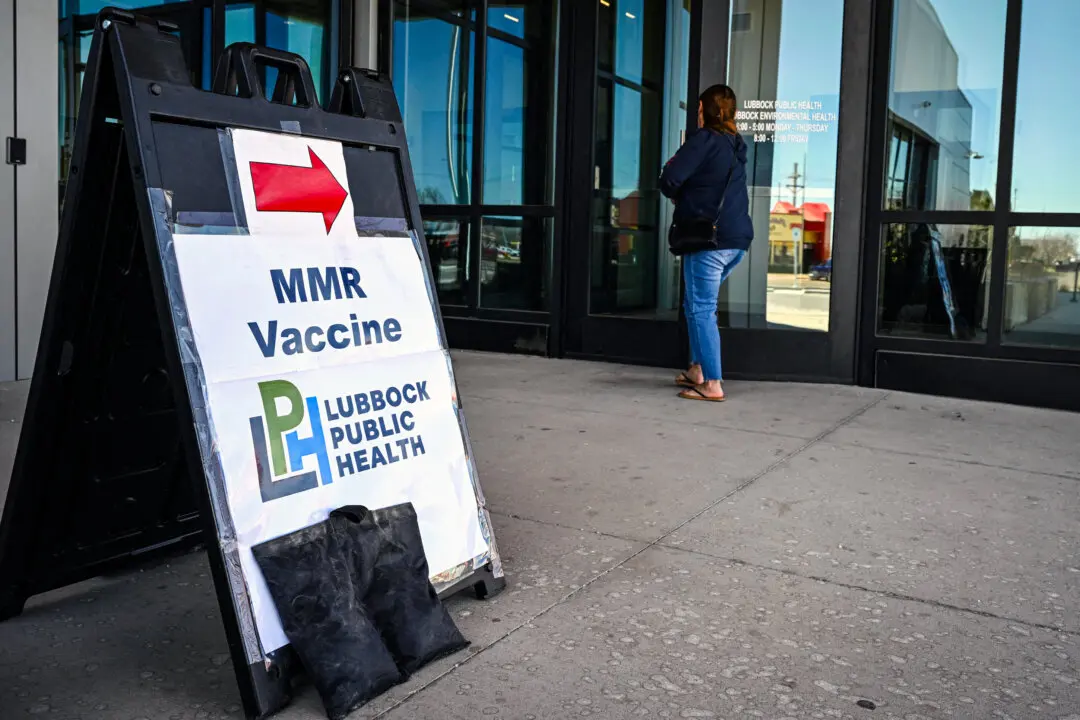A majority of voters in Georgia either didn’t check or only briefly glanced at paper ballots after they chose who to vote for during the 2020 election, according to a recently released study.
A fifth of voters observed at the voting booth didn’t check the ballots at all, while 31.3 percent of others only gave the paper a brief glance. The rest either looked at the ballots for a short time or a long time, according to the study (pdf).





